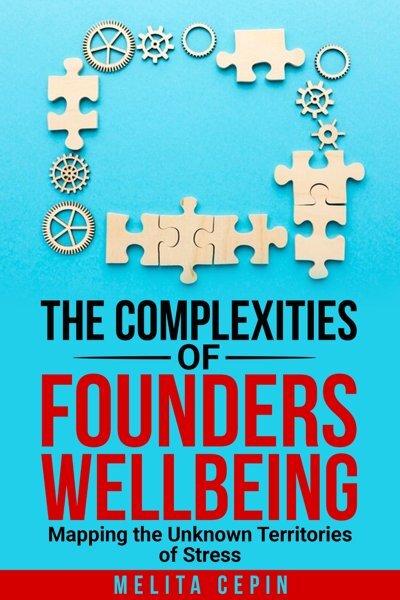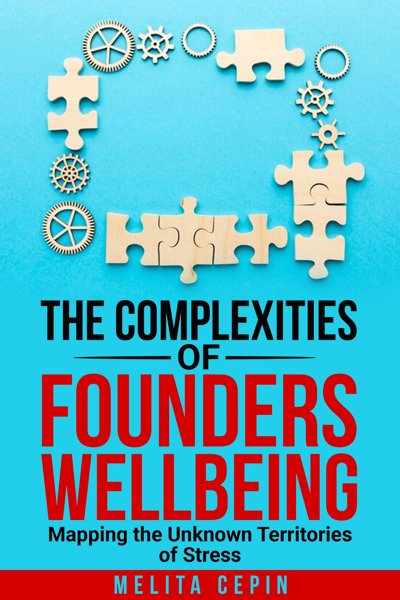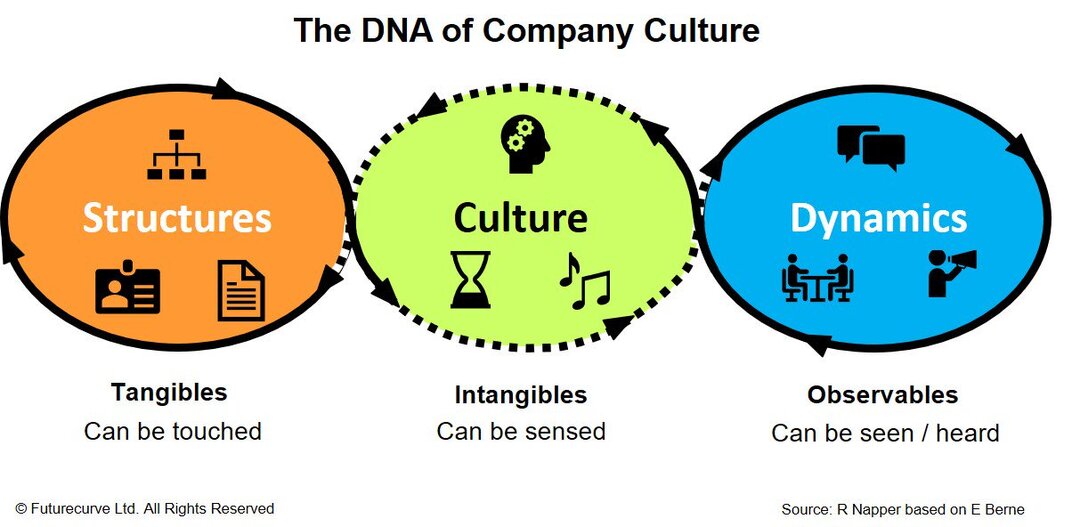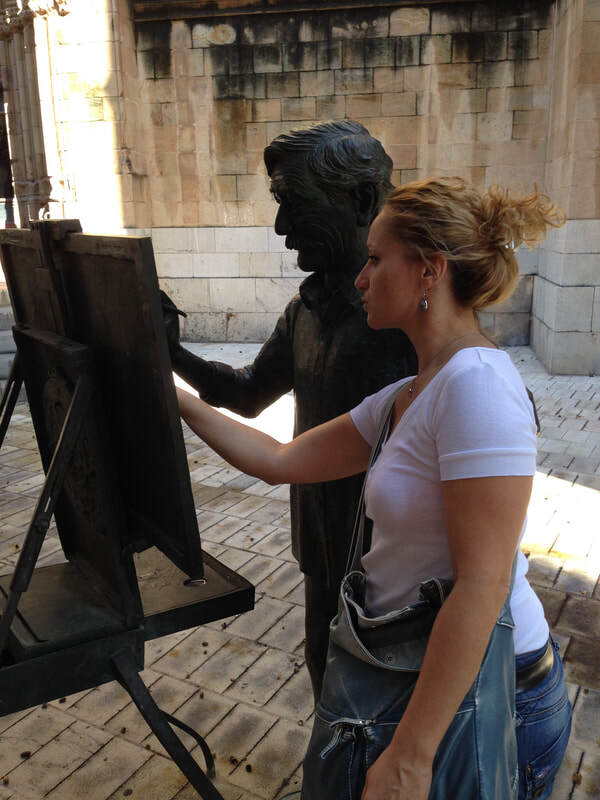
Why I Wrote The Complexities of Founders Wellbeing
When I started working with founders, I quickly realized something few people talked about: behind the ambition, creativity, and courage, there was often deep exhaustion.
Conversations about business models, scaling, and innovation were everywhere — but conversations about how founders actually feel were rare.
Over the years, I sat across from entrepreneurs who carried entire ecosystems on their shoulders. They spoke about their teams, investors, and customers — but quietly, between the lines, they spoke about loneliness, stress, self-doubt, and fear of failure.
That’s where the idea for my book, The Complexities of Founders Wellbeing: Mapping the Unknown Territories of Stress, was born.
Looking beneath the surface of success
I wrote this book because I wanted to give founders — and those who support them — language for what happens beneath the surface.
We often see burnout as a sign of weakness, but in reality, it’s a systemic signal: that something in the way we build, lead, and sustain ourselves needs to change.
The book is built on both my background in psychology and transactional analysis, and my years of experience working with founders and leaders globally.
It’s not just a book about mental health — it’s a map of the psychological terrain of entrepreneurship:
how stress accumulates, how identity fuses with the startup, and how we can navigate leadership without losing ourselves.
The unseen stressors of entrepreneurship
In The Complexities of Founders Wellbeing, I explore questions like:
- What happens when your company becomes your identity?
- How do you stay connected to yourself when you’re constantly performing for others?
- Why do founders often ignore their own limits — and how can we start noticing the early signals of stress before it turns into burnout?
Each chapter invites readers to slow down, observe, and reflect.
It’s written as both a mirror and a companion — something to return to when things feel overwhelming.
Wellbeing as a leadership skill
I believe wellbeing is not the opposite of performance — it’s the foundation for it.
When founders learn to regulate stress, stay emotionally grounded, and create space for recovery, they make better decisions, build healthier teams, and lead more sustainably.
This isn’t about perfection. It’s about awareness, boundaries, and the courage to stay human in a system that often rewards exhaustion.
A growing movement
My hope is that this book contributes to a larger movement — one where founder wellbeing becomes a strategic priority, not a side topic.
Through my work at in2ta.co, I continue to support entrepreneurs, leaders, and startup programs that want to make this shift — from surviving to leading with awareness and presence.
If you’re a founder, educator, or investor curious about how to integrate wellbeing into leadership, I invite you to read the book and start a conversation.
Because when we take care of the people who build the future, the future itself becomes healthier.
The Complexities of Founders Wellbeing: Mapping the Unknown Territories of Stress
Available now on Amazon
.
- Published on
pandemic changed working enviorment
Many people have moved their work office to their homes. In our home environment, however, we have completely different roles than in a professional environment. Changing roles is difficult and dangerous if we do not pay attention to it. Therefore, it is advisable to take a specially scheduled work-only time at home and a specially scheduled time for other activities and obligations. Separate this time. If you live with someone, you should make a clear agreement about the time structure. Also, communicating about your experiences with your superior and other colleagues is highly recommended. How they perceive the situation, what they expect from you, what the deadlines are ... At this moment we all found ourselves in a new and unknown situation, including your boss, employer, business partner. That is why it is completely legitimate and also recommendable to talk to each other and together establish what works best for an individual employee to deliver results.
It is also important that we recognize our feelings and emotions in this time of isolation and can accept them with ok-ness. To realize that we all are more afraid now than we were a month ago, that someone may be angry with the government, the situation, that someone might feel sadness or anxiety because really sad things are happening. Be aware that you are not alone, the whole world is currently experiencing emotions that have not been part of our daily lives before. And that’s normal, and that’s ok. But it's important to find ways to deal with the emotions that paralyze us. I can't stress enough how important it is to communicate with each other, with colleagues, relatives, friends, and share experiences. To be aware that we are not alone in this.
But every dark side must also have a bright side. Things will certainly change for the better, too. Many will find greater peace within themselves, many will find better working conditions, many employers will develop a better environment for their employees... Companies will be perceived by their ethical behavior more than they ever have been before. Many people will find new, creative ways of solving employment problems. Relationships in the working environment will be better if we all participate and develop ourselves to be authentic in all our roles.
I would like to emphasize that there are counseling and coaching professionals available, please talk to someone if you have a difficult time coping with the situation. We provide counseling for all of you who struggle with work-related topics.
- Published on
Mike Burke (Founder of Q6) deliberates on his Blog: "Anyone involved in a start-up, or any early-stage business, really should address how they want their company culture to become. It's often tricky, especially if there are only a handful of employees, to picture ever needing company values, a company ethos, or a focus on culture. Still, these early days often help set the tone within the business for years to come. "
"One of the biggest lessons I've learned is that culture is really important. And I used to think that you could just hire smart people and expect them to do wonders for you. But if people don't fit within your company culture, they will be more likely to butt heads when it doesn't make sense, quit when things aren't going well, and not care for your company. " Neil Patel, Crazy Egg, Co-Founder.
"The culture of a start-up is defined by three things: 1. How the founders behave, 2. Whom they recruit, reward, and recognize. 3. Whom they release (let go). " Darmesh Shah, HubSpot, CTO Co-Founder
We understand all this and much more under organizational culture. Eric Berne developed one of the models, DNA of Organizational Culture, where he researched the impact of the organizational structure, rules, laws, policies on employees' behavior in the organization. And between these two categories, an invisible and intangible sociological phenomenon develops, which we call culture.
If you would like to know more about developing a start-up culture, please contact me.
- Published on
Dr. Eric Berne has developed a model of life positions where he defines an individual's attitude toward himself in relation to others in a given situation. Optimally would be to have an opinion about ourselves at all times and circumstances in awareness that we are OK and others are OK.
"I am OK, you are OK" is position from which we can work constructively, solve problems and communicate with others in a way that we are heard, understood and at the same time it is respectful and understanding towards the others, no matter in what situation the other finds him self in. This mode of communication is assertive, the person is able to deal with the facts, the conversation is focused on problem solving. It is very important for leaders to be aware of the effectiveness of this position so that their employee can approach him with difficulties they encounter, to feel safe and respectful, to receive support in a constructive way, to be able rely and trust the superior.
As the name implies, the position where the person is in the opinion "I am not OK, you are OK", is in a very passive state. The person feels frustrated, deals with the past, with work processes and is not focused on solutions and the future.
The person in the position "I am OK, you are not OK" is aggressive, he feels resentful towards another person who did not fulfill his expectations, which is destructive in relationships of all kinds. A leader in this position execute pressure, force and control.
When one person is in a position "I'm not OK, you're not OK", it is very difficult to work with. Subjects in this position retreats from contact, or keep defending their actions, do not face situations, are passive, and feel helpless. Is cynical or apathetic. A leader in this position has a difficult time surviving his or her duties. This position is damaging to anyone and person feeling this way should consult an expert, as it can be a sign of depression, contempt, self-contempt, or other conditions that call for change.
We are not taking one life position in every situation, it's important to know that in different circumstances and with different people we might act from other positions. Although only "I am OK, you are OK" frame of reference can provide save and respectful attitude towards our self, others and the world around us.
- Published on
IN2TA was created at the hecathlon in Vienna in 2019. A group of four international women from different backgrounds were committed to supporting the idea that a change is needed in a work environment where many people still feel like children at school. Employees do not communicate with each other, departments have communication gaps. Unpleasant emotions, as we remember them from childhood, fear, shame, embarrassment, humiliation, and many more, are still present in the workplace, despite the fact that employees are adults for already a long time. Why this happens and how to improve it can also be explained by the theory of Transactional Analysis.
I am a Transactional Analyst myself and am in the educational process in field of Organizations and Educational Systems (with Rosemary Napper, Oxford, UK). I work under supervision (Thorsten Geck, Hamburg, Germany) and with the colleagues in my study group, and that is the reason I always use plural when talking about IN2TA. All knowledge and experience is a mixture of my current educators and international colleagues, so I can bring to your organization a colorful spectrum of already proven methods and skills.
My female supporters from hecathlon weekend in Vienna have gone back to their work and I stayed with my great passion and develop programs with which I can help your organization to grow, overcome obstacles and create pleasant working environment.
I live my private life in Graz, Austria, but my working environment is worldwide.
Melita Cepin
Founder & CEO
Click here to start customizing
Author
I would like to introduce myself through posting about topics that occupy me and my working mind. This is the way you can get to know my professional frame of reference better.
I am eager to meet people and new working environments, learn about new methods, difficulties and improvements.
And I do believe that my knowledge and experiences can be an asset to your system. As yours would be to mine.





